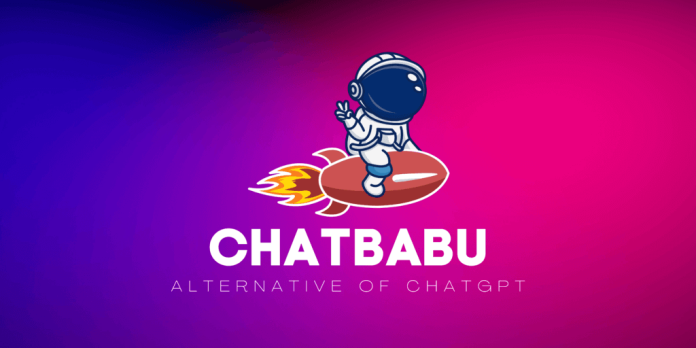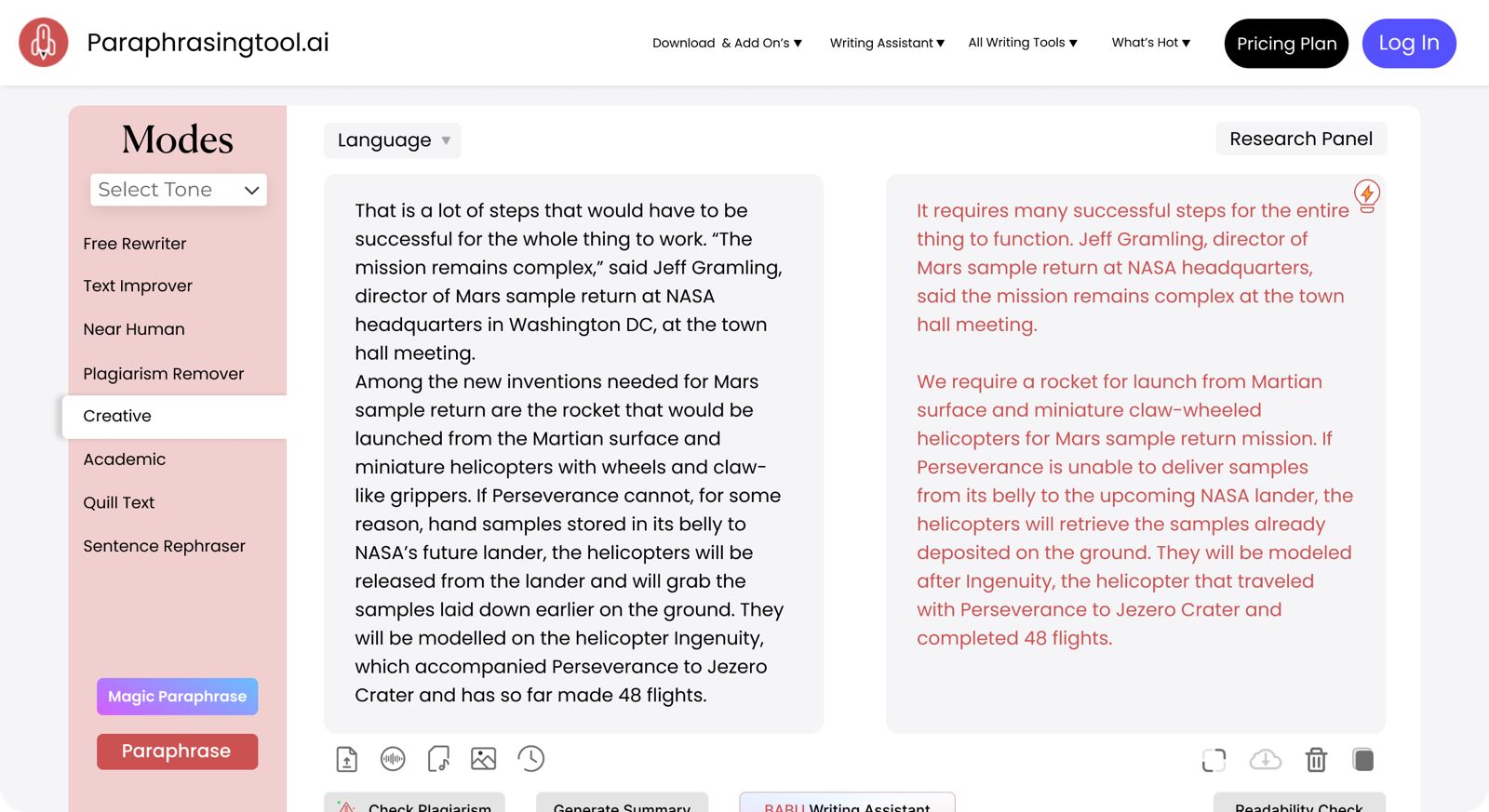Gone are the days when marketing was limited to billboards along the streets and brochures and flyers distributed door-to-door. With the advent of digital technology and the internet, marketing has shifted its focus to online platforms and social media, reaching wider audiences than ever before. In fact, according to Statista, global spending on digital advertising is expected to be $626.86 billion by the end of 2023, and as per the estimate, total expenditures will hit $836 billion by 2026, with social media advertising accounting for a large chunk of that spending.
But it’s not just digital technology that’s changing the face of marketing. AI is playing a critical role in transforming the industry. AI-powered tools are being used to analyze consumer behavior, personalize marketing campaigns, and even create content.
Artificial Intelligence has become an increasingly important and prevalent technology in recent years, with its market size estimated at US$ 119.78 billion in 2022. This figure represents the value of AI products and services sold across the world, including software, hardware, and cloud-based platforms. However, this is just the beginning of what is expected to be an unprecedented growth trend in the AI market. According to industry experts, the AI market is projected to grow, reaching a value of USD 1,591.03 billion by 2030.
AI adoption has continued to increase at a rapid pace in 2022, with more than a third of companies (35%) reporting the use of AI in their business. This indicates that AI is no longer just a buzzword but a practical and necessary tool for businesses looking to stay competitive in the marketplace.
Paraphrasing software, like ChatGPT, is just one example of the many AI tools available to marketers. Using natural language processing (NLP) technology, these tools can analyze and interpret text, helping marketers create unique and engaging content. This content can then be used in marketing campaigns across various platforms, including social media, email, and blogs.
One such tool is ChatBABU, created by Asad Shehzad. This paraphrasing AI tool uses advanced algorithms and NLP technology to generate unique content that is both engaging and SEO-friendly. By reducing the time and effort required to create content, ChatBABU allows marketers to focus on other important aspects of their campaigns, such as analyzing consumer data and measuring campaign performance.
When asked about his inspiration for creating an AI-based tool, Shehzad said, “I often faced the daunting task of post-writing work. While exploring various online writing tools, I discovered that most online grammar checkers and paraphrasers were only capable of performing basic-level work. Realizing the need for a more advanced writing assistant, I changed my thinking process from finding a perfect solution to developing one.”
With the rapid advancements in technology, the need for a more advanced writing assistant has become more apparent than ever. And that’s exactly what Shehzad and his developer partner Nouman have delivered. Rather than settling for existing solutions, they created something truly innovative. Through three years of hard work and dedication, they developed a tool that has the potential to revolutionize the writing process for countless writers. By leveraging the power of NLP, they were able to achieve an impressive 85% success rate in maintaining context and delivering rewritten sentences in a more human-like tone.
Building an AI writing tool is no small feat, and the team behind it faced numerous obstacles along the way. Among the biggest challenges was a lack of resources, including a suitable GPU to train the models. The team struggled for months to find a reliable provider that would accept payments from Pakistan, but eventually, they were able to secure the necessary equipment. Additionally, collecting high-quality datasets for training proved to be another hurdle that took months to overcome.
“Despite these challenges, we remained committed to creating the best paraphrasing tool available, and with determination and hard work, we were able to overcome these obstacles and achieve success,” Shehzad elaborated.
Speaking of the potential of AI in the marketing and advertising industry, Shehzad believes that there is no doubt that it will play an increasingly important role in the future of marketing and advertising. He also emphasized the importance of remembering that AI is not meant to replace human creativity but rather enhance it. AI tools serve as writing assistants, providing writers with suggestions and options that they can use to refine their work and narrow down the 10-hour work into 1 hour.
Shehzad further mentioned, “I strongly believe that the future of AI is unlimited and uncontrollable. AI is already transforming everything from content creation to advertising, and its potential is vast. The adoption of this technology by big players like Google and Bing is a testament to its growing importance.”
The potential for natural language processing (NLP) to revolutionize content creation and audience targeting is immense. With the ability to understand the subtleties of human language, AI-powered tools can help marketers communicate more effectively with their target audiences and create content that resonates with them. The possibilities for personalization are particularly exciting, as AI can analyze user behavior and preferences to deliver even more targeted and relevant content, leading to increased engagement and conversion rates.
The future of marketing is an exciting frontier, with the potential for AI to transform the way marketers connect with customers and provide memorable experiences. Shehzad is optimistic about advancements in natural language processing, and he believes that it will enable AI to understand the nuances of human communication, including tone and sentiment.
As personalization becomes more sophisticated, with AI algorithms predicting user behavior and preferences, marketers will be able to create more targeted and effective campaigns. Improved attribution modeling will allow us to measure the impact of our efforts with greater accuracy, while increased automation will streamline the process from creative development to campaign management.
Like a shadow that refuses to be shaken off, the question of AI taking over jobs looms large in the minds of almost every individual. However, Shehzad reassures that “Creativity, emotional intelligence, and empathy are all qualities that are essential in creating effective marketing campaigns that truly resonate with audiences. While AI can certainly help with data analysis, content optimization, and targeting, it lacks the ability to understand and connect with the human experience truly.”
Shehzad and his team are on a mission to revolutionize the way writers work. They are constantly pushing the boundaries of what is possible. They are creating tools that will not only save writers time and energy but also enhance the quality of their work. “We are working on some exciting new features that we believe will revolutionize how writers want to engage in creative writing. For ChatBABU, we are working on improving our natural language processing and machine learning capabilities to create more personalized and accurate chat experiences for customers,” Shehzad explained.
Artificial Intelligence has a bright and transformational future ahead, with the potential to revolutionize businesses and improve our daily lives in many ways. Pakistan is well on its way to becoming a significant player in the field of AI. With the help of these advanced technologies, Pakistan is poised to make a mark in the global picture and contribute to the growth and advancement of the global AI community.


